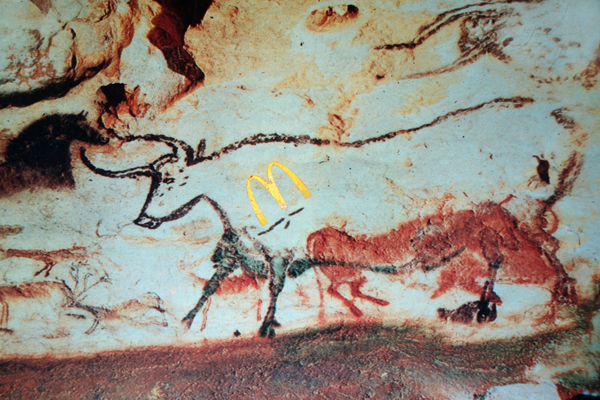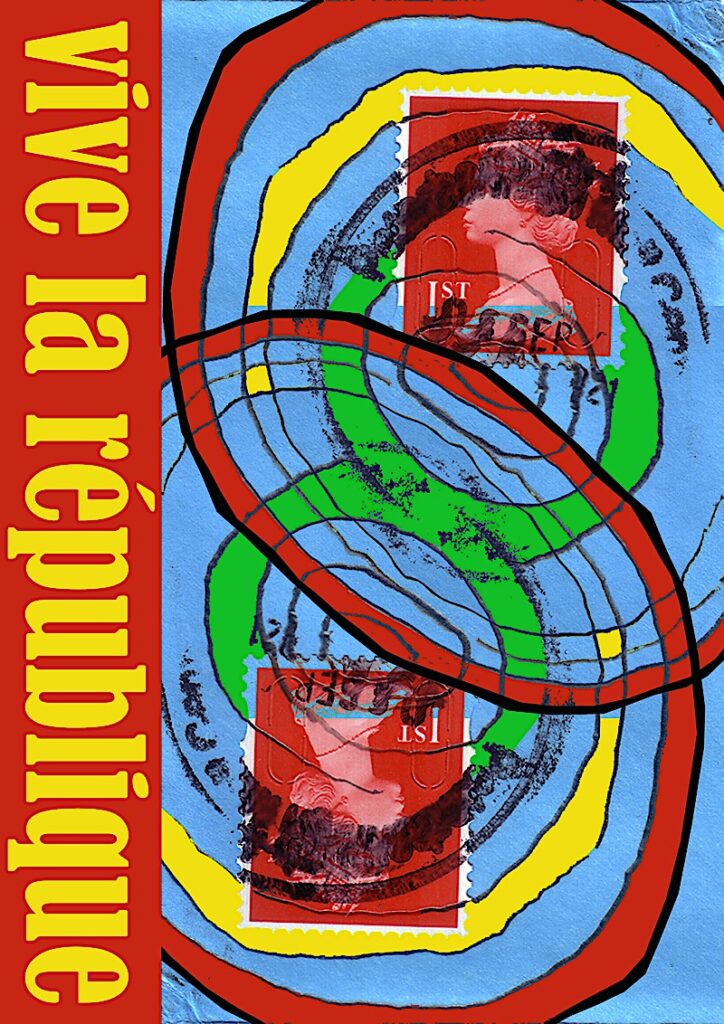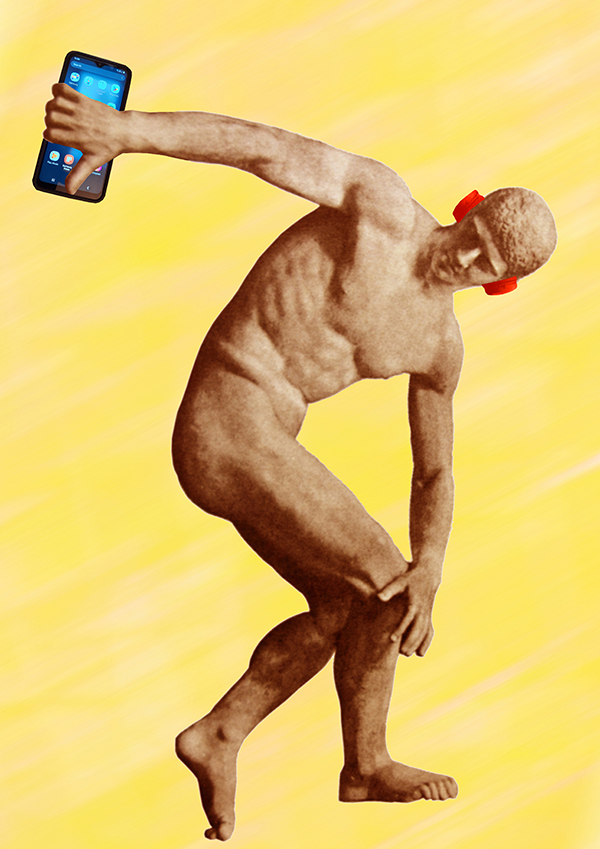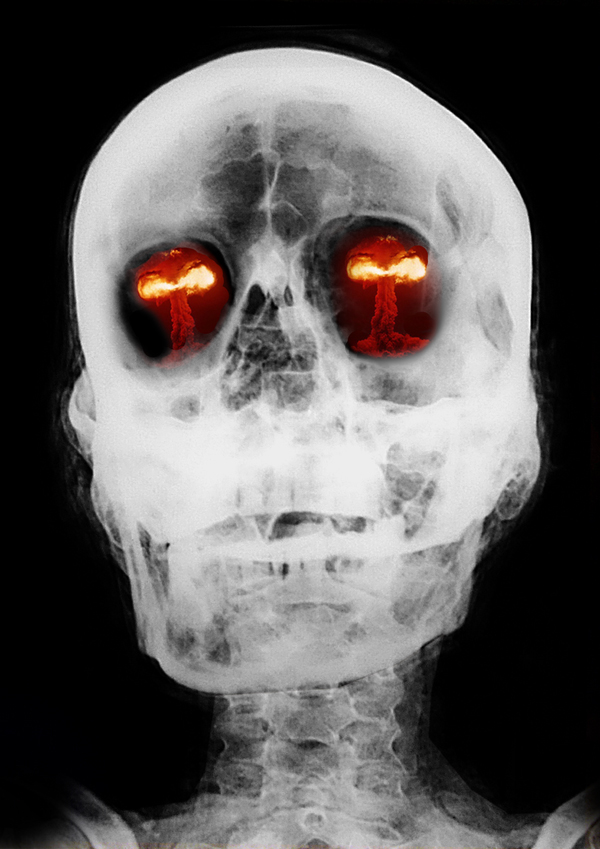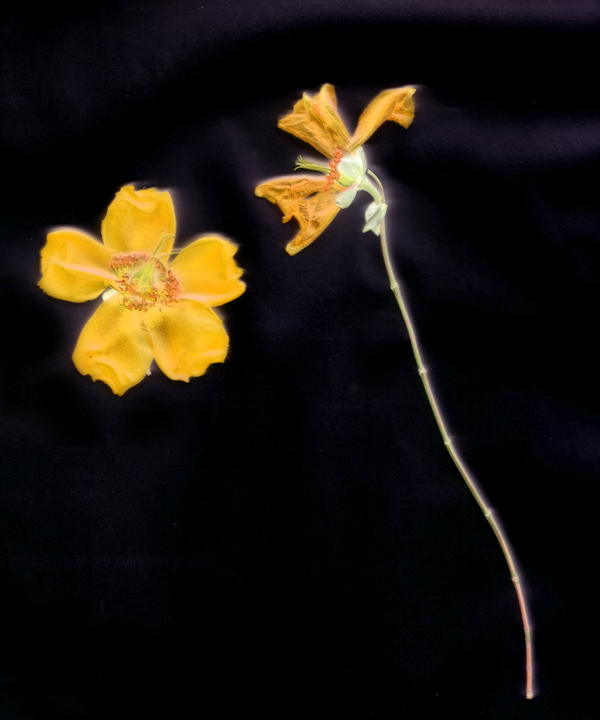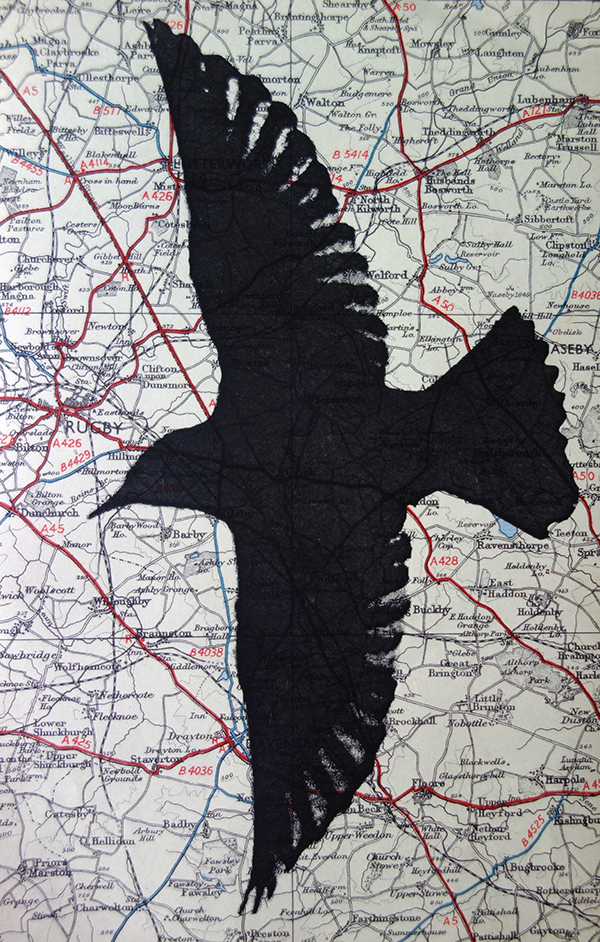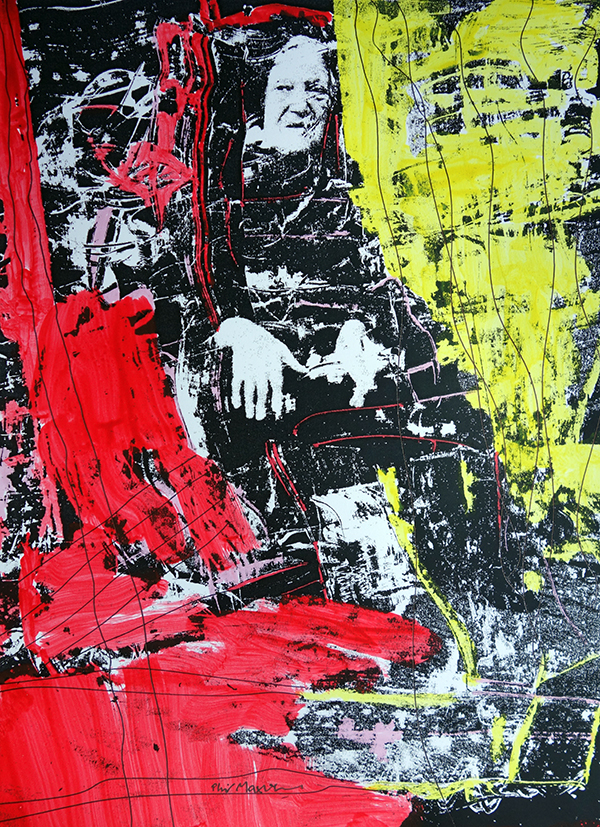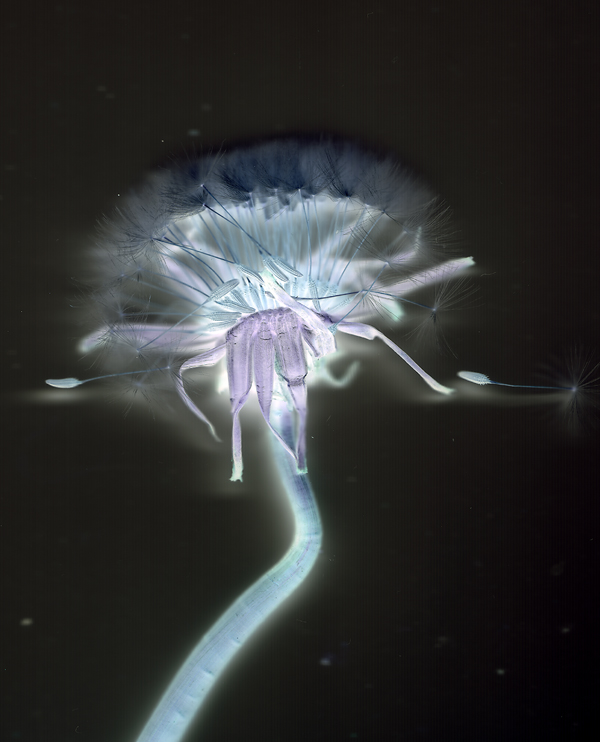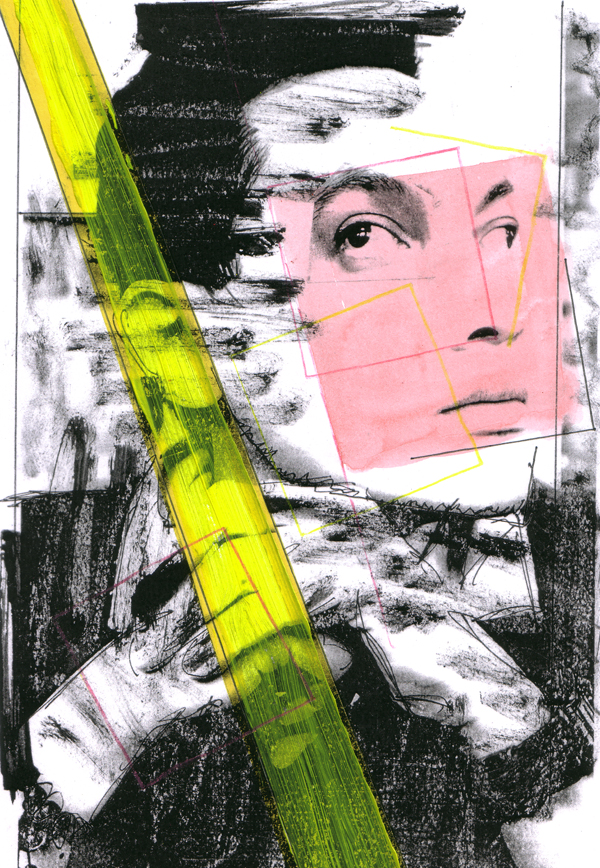| |
Cave Paintings Are Not ‘Primitive’
June 7, 2022
The cave paintings in Lescaux in France made some 17,000 years ago are sometimes referred to as ‘primitive art’. The caves contain nearly 6,000 figures and were discovered in 1940 by 18-year-old Marcel Ravidat when his dog, Robot, fell in a hole!
The cave complex was opened to the public on 14 July 1948, and initial archaeological investigations began a year later, focusing on the Shaft. By 1955, carbon dioxide, heat, humidity, and other contaminants produced by 1,200 visitors per day had visibly damaged the paintings. As air condition deteriorated, fungi and lichen increasingly infested the walls. Consequently, the cave was closed to the public in 1963, the paintings were restored to their original state, and a monitoring system on a daily basis was introduced. Replicas of the paintings have been made at different sites.
Seeing photographs of the many paintings I’ve never considered them to be primitive in any sense. They strike me as a sophisticated celebration of the world as it existed then by the people who occupied the caves. Walking up Wavertree high street the other day I took a photograph of a disgarded McDonald’s carton and for some reason thought about what humans of that era would think of fast food and the consequences the industry has in wrecking the environment of the world today.
By placing the logo on one of the paintings I’m asking the question is the world advancing or are we facing an environmental catastrophe? I’m certain of one thing: the humans who existed in those caves were artistic, survived through cooperation and were in no sense ‘primitive’. We can learn a lot from those early human communities. As Bertrand Russell once said: “The only thing that will redeem mankind is cooperation”.
You can purchase photographs and other art by Phil Maxwell here: https://theartofresistance.bigcartel.com/products
No comments yet
